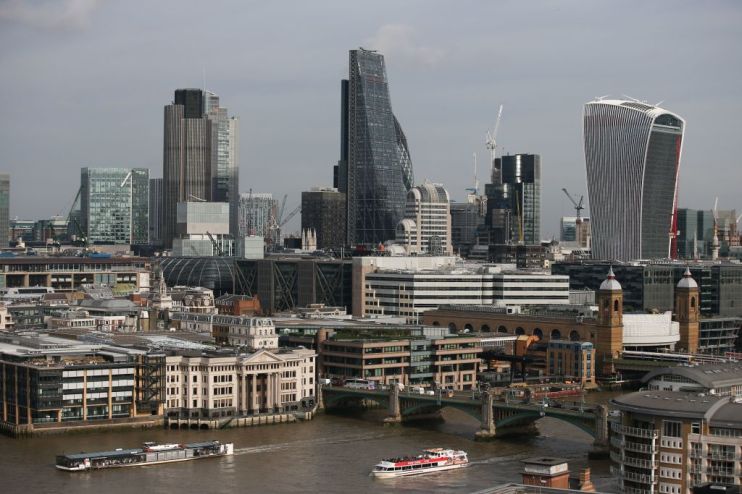UK banks ‘draw up code of conduct’ for coronavirus business loan defaults

UK banks are reportedly drawing up a code of conduct for pursuing businesses that default on government-backed coronavirus interruption loans, amid concerns that a high proportion of the loans will never be repaid.
Industry body UK Finance and the state-owned British Business Bank (BBB) have begun talks with commercial lenders in the hope of setting up industry-wide debt collection standards for the loans, according to the Guardian.
UK businesses have so far borrowed £43bn via government-backed loans to help them survive the pandemic, according to the latest figures from HMRC.
Loans granted under the flagship coronavirus business interruption loans scheme (CBILS) and bounce back loan scheme for SMEs (BBLS) have a one-year repayment free period, with the first repayments due in spring 2021.
Bank of England governor Andrew Bailey was warned by an industry group last month that up to £36bn of emergency loans to SMEs risk turning toxic, with banks warning that up to 50 per cent of BBLS were unlikely to be repaid.
While discussions over how banks will pursue the unpaid loans are at an early stage, the Guardian reported, one banking executive said that an industry-wide code of conduct was likely to result in a “lighter-touch approach” than some banks would typically use.
“That’s really important so that customers get fair treatment and equal treatment. If they have a bounce-back loan with Barclays or HSBC, it doesn’t feel more heavy-handed in one place or another — it’s agreed,” they told the paper.
BBLS are 100 per cent backed by the government, meaning that the taxpayer will cover a bank’s losses if a customer defaults on the loan. CBILS come with an 80 per cent government guarantee, meaning that banks will shoulder 20 per cent of any losses.
Lenders are expected to attempt to recover the full loan amount before accessing the guarantee.
As of 28 June, just over £11bn of CBILS had been granted to 52,275 companies, while 967,321 SMEs had been lent £29.5bn via BBLS.
British banks are keen to avoid being perceived as pursuing SMEs for loan repayments too aggressively after a series of scandals surrounding lenders’ treatment of small firms following the global financial crisis.
Royal Bank of Scotland’s Global Restructuring Group was accused by small firms of stripping their assets between 2008 and 2013, while hundreds of small businesses owners were defrauded by a Lloyds Halifax Bank of Scotland (HBOS) branch in Reading.
UK Finance declined to comment on reports of that a code of conduct was being prepared.
A spokesperson for the BBB said: “The British Business Bank has regular meetings with lenders, UK Finance, HM Treasury and others to discuss the operation of the government’s Covid-19 response to loan guarantee schemes. Among other topics discussed is the need to treat customers fairly should collection of debts be required in the future.”